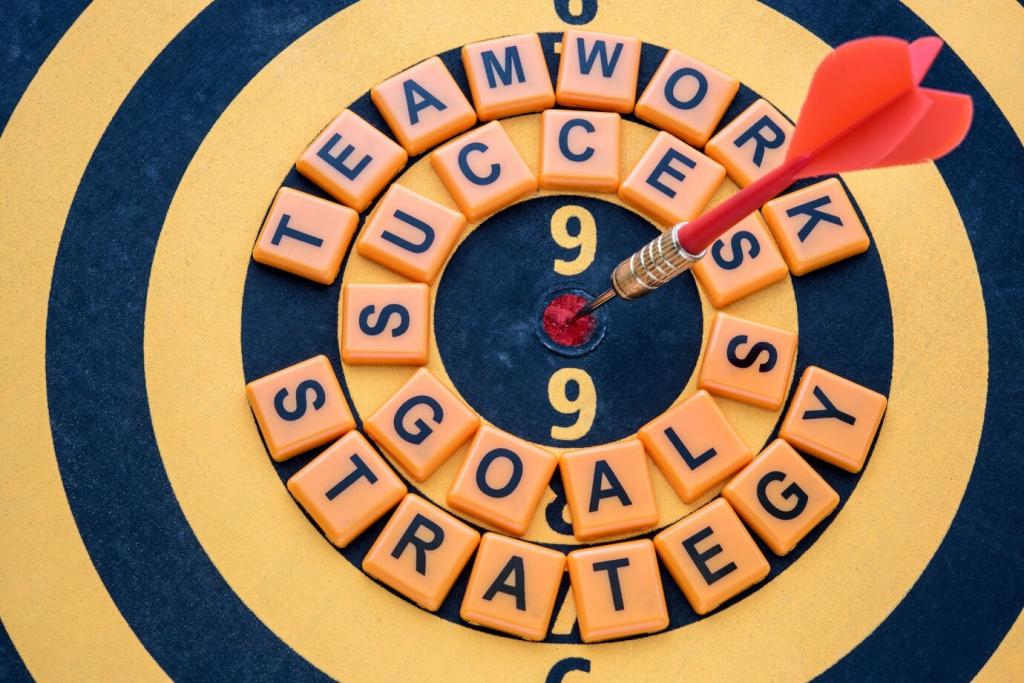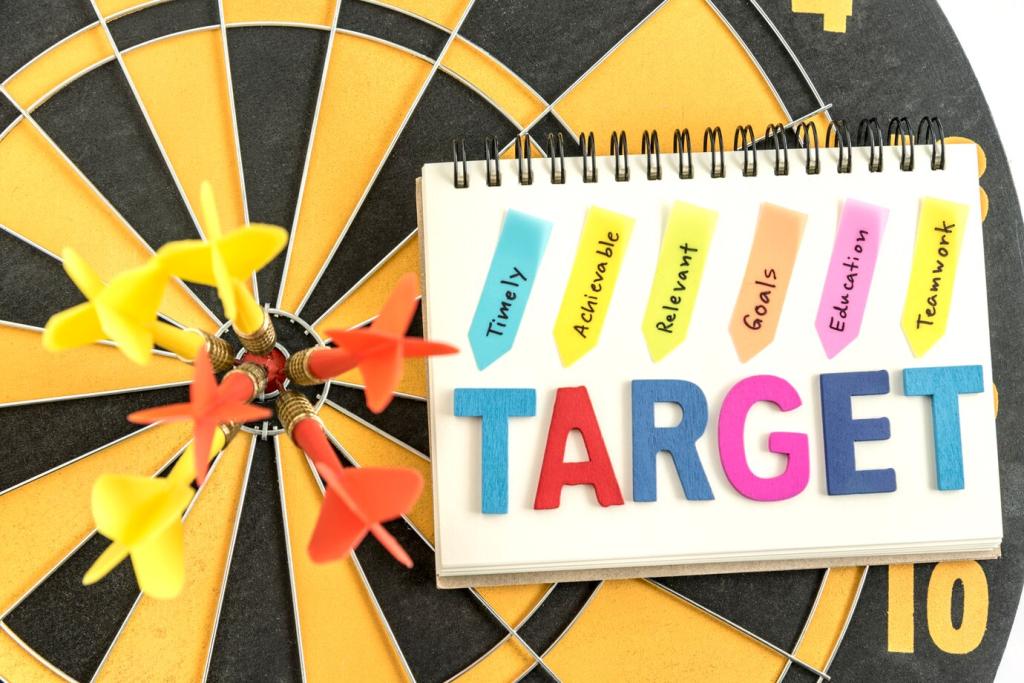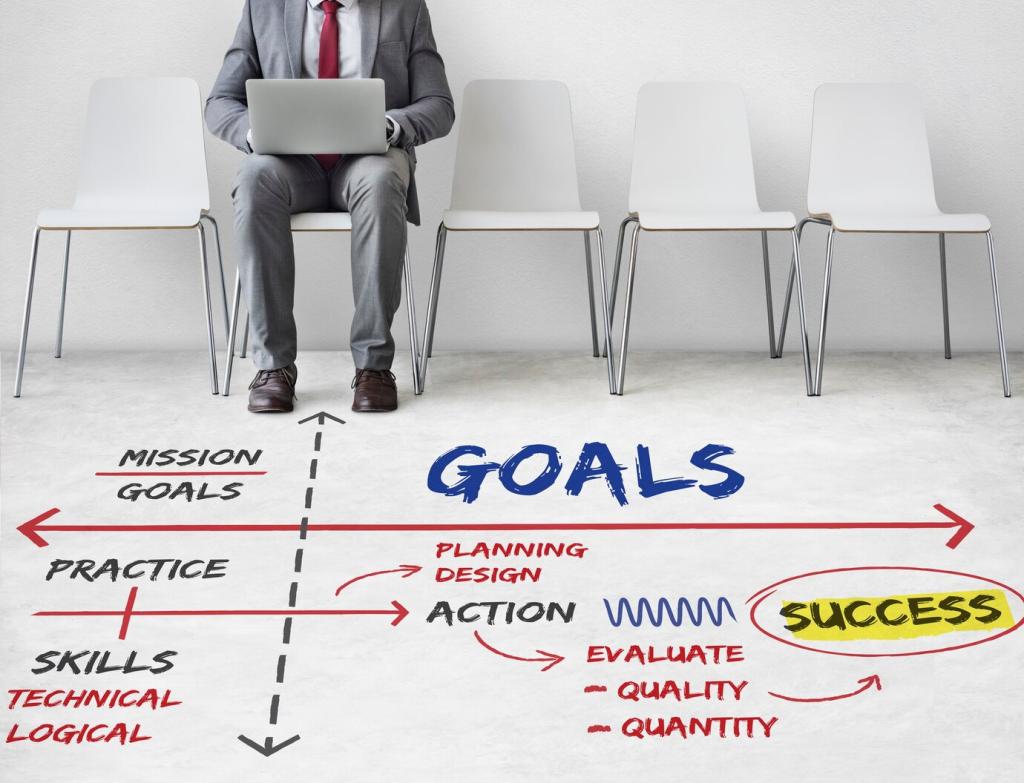The Motivation Mindset: Why Your Brain Starts—and Stops
Goals anchored to appearance fade when life gets messy; goals tied to personal values tend to endure. Ask what fitness unlocks for you—confidence, energy, presence with family. Share your why with us, and make it public to strengthen your commitment.
The Motivation Mindset: Why Your Brain Starts—and Stops
Extrinsic rewards can spark action, but intrinsic rewards sustain it. Notice joy in movement, stress relief after walks, and pride in consistency. Share a moment when movement felt good, not forced, and invite a friend to experience that feeling with you.





